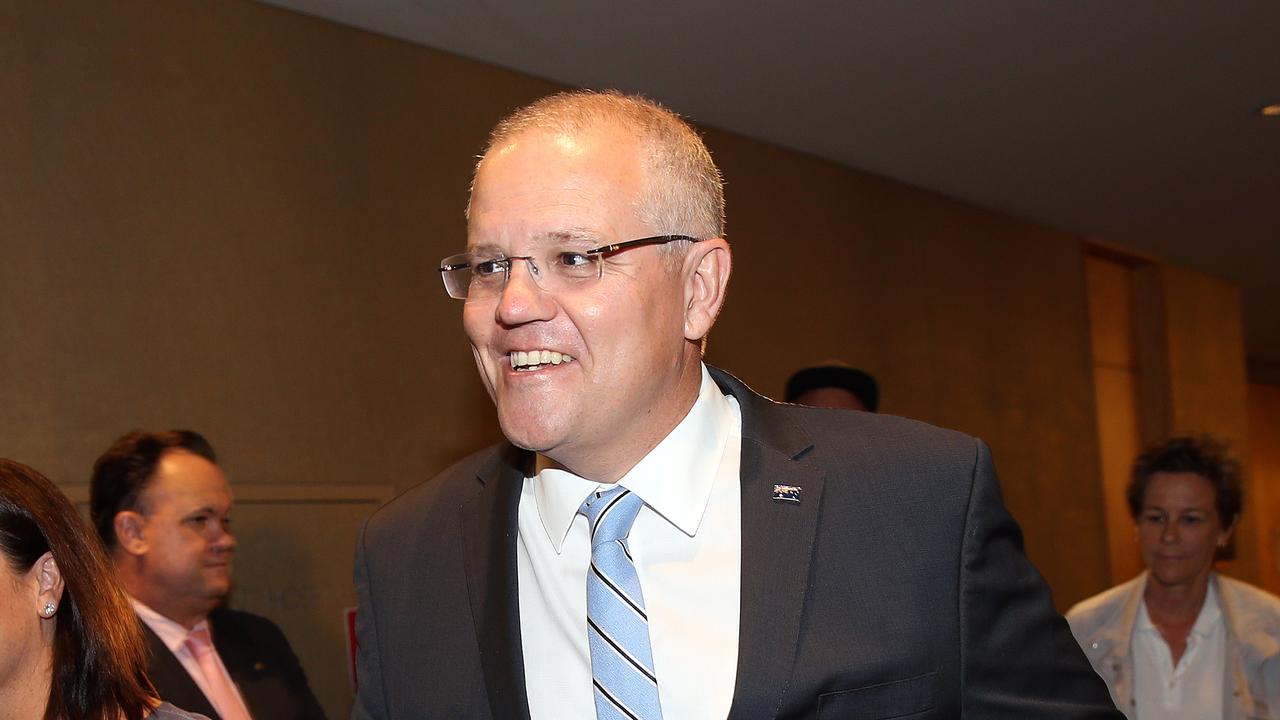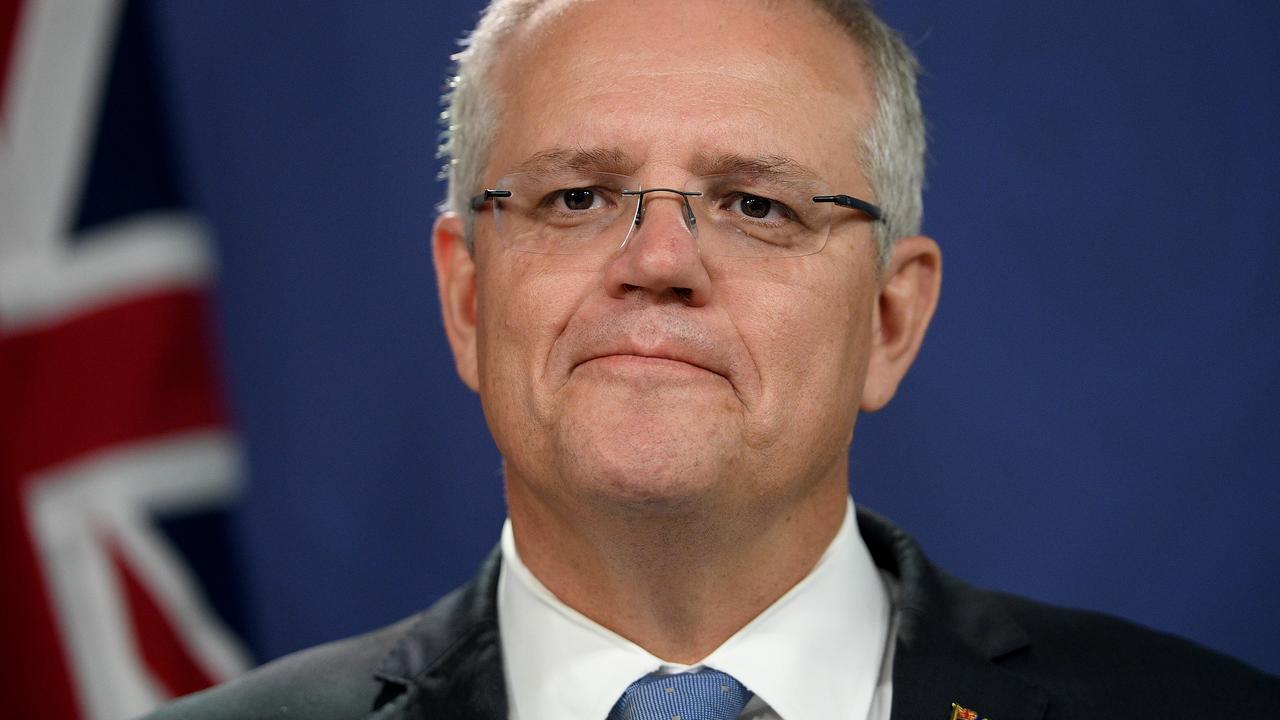Bill Shorten was enormously pleased with himself when he ran a successful Medicare privatisation scare campaign against Malcolm Turnbull and almost won government.
The Opposition Leader has persevered with this tactic, and raised others as part of a relentlessly negative and opportunistic campaign to keep the Coalition off balance and expose Malcolm Turnbull’s political inexperience.
It has worked, and Turnbull’s leadership and public standing is under pressure.
But this budget may very well make Shorten regret the Medicare scare success, or at least his continued efforts to keep it alive and pursue the Coalition over the NDIS, Gonski school funding, negative gearing, housing affordability, savings measures blocked in the Senate and a banking royal commission.
After too long, the Prime Minister has stirred from a fog of overconfidence, vacillation, unreality and delay to strike back at Shorten in the all the areas where he has hurt the Coalition most.
Freed from the shackles of the courageous 2014 Budget, for the first time Turnbull and Scott Morrison — along with others such as Mathias Cormann — have been able to produce an economic statement the closest to a John Howard political document we have seen for years.
With the handouts to the special interest groups and fixed income retirees, there is a Howard flavour in a modest document that cuts spending, but only just.
But Morrison has kept a Costello flavour as well, with an eye on a return to budget surplus and a promise — or hope — of growth and good times ahead. It won’t be enough for the hard-line economists, but it will be welcomed on the backbench.
The Turnbull touch here is the desire to neutralise Labor’s political success built on the back of Shorten’s obstruction, negativity and preparedness to mislead.
Turnbull turned to his chief torment first — the Medicare scare — and has locked in funding, but went further with a Gillard-esque Medicare levy to really fund the NDIS; and a recruitment of Gonski to direct the school funding program.
Even negative gearing was changed, as the Coalition moved to help first-time home buyers and shut down excessive tax claims and foreign residential investment.
And as for Shorten’s claim that Turnbull is a friend of the big banks, it is unlikely a new $6.2 billion tax that can’t be passed on to customers is going to be seen as a being a friend to the big five profitable banks.
Shorten has achieved a lot politically, but by doing the same thing all the time you allow, or even encourage, your opponent to adapt. Turnbull has adapted, and now it will be time for Shorten to change.






To join the conversation, please log in. Don't have an account? Register
Join the conversation, you are commenting as Logout